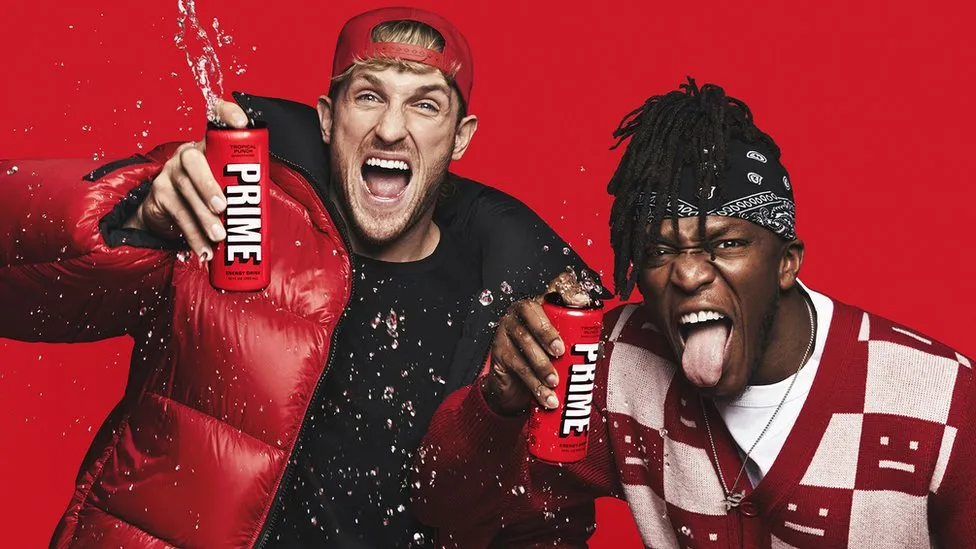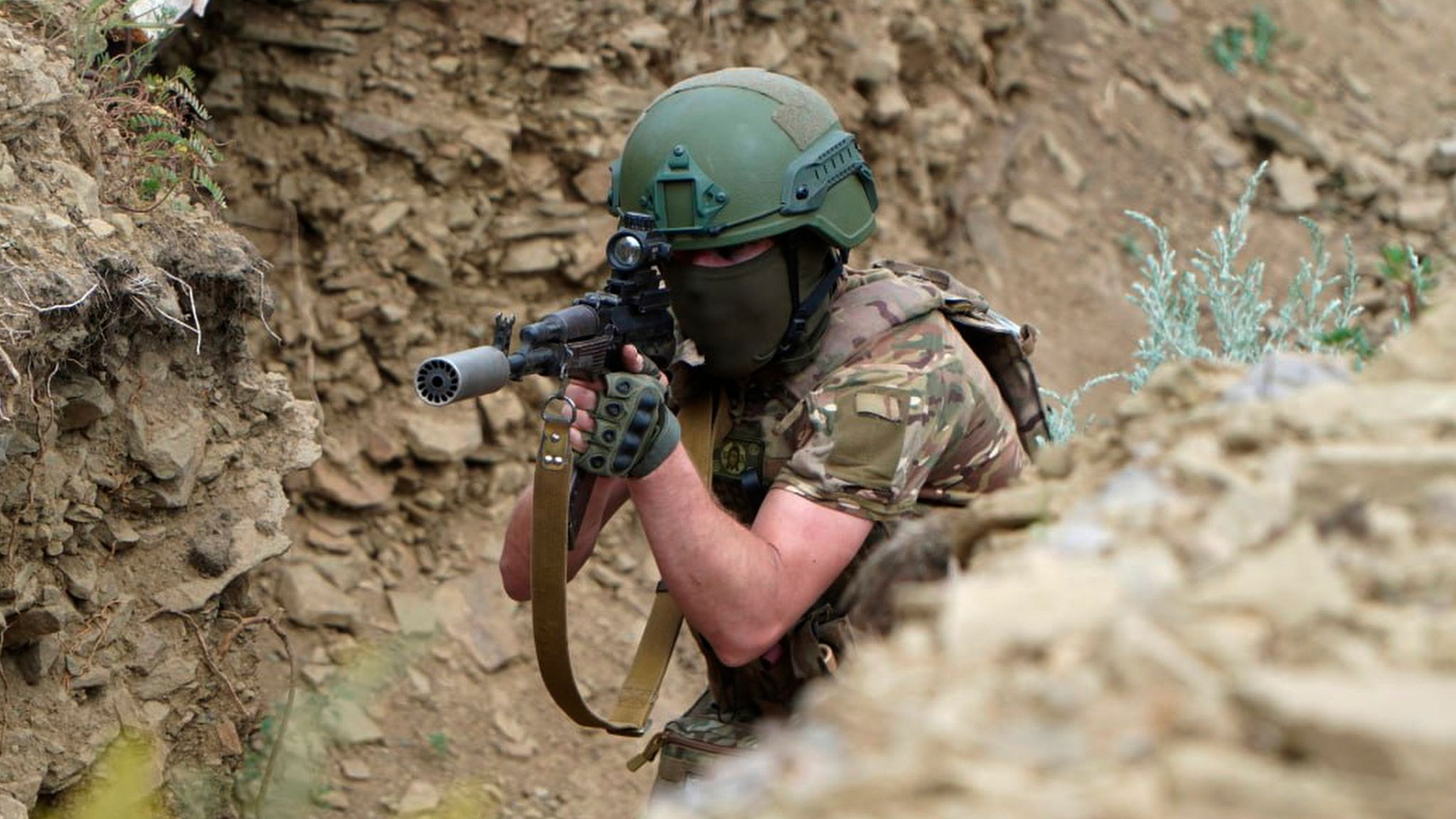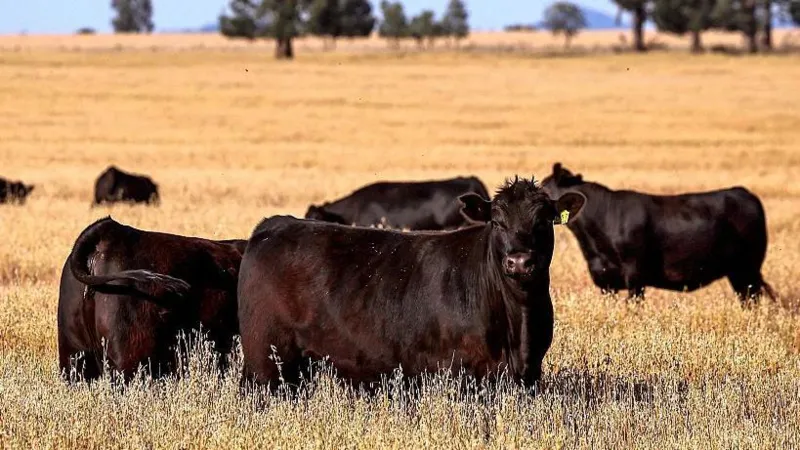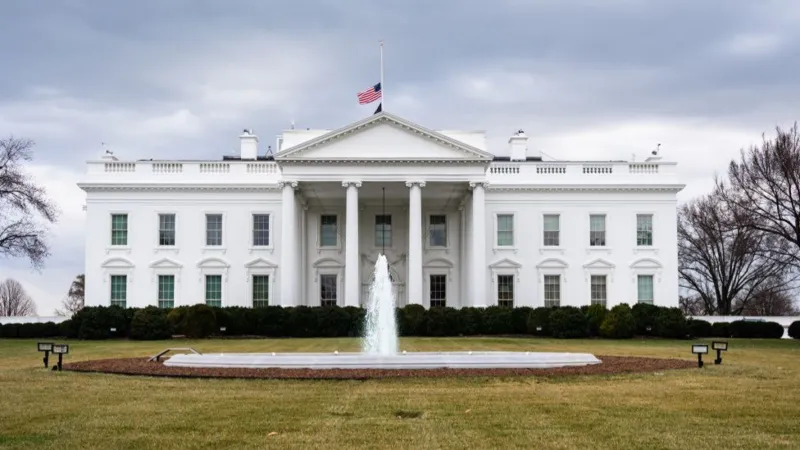Prime: Top US senator calls for probe into KSI and Logan Paul energy drink
US Senate Majority Leader Chuck Schumer has called on regulators to investigate an energy drink promoted by high-profile YouTubers KSI and Logan Paul.

Mr Schumer alleges the drink is being targeted at children despite its high caffeine content.
Prime Energy contains 200mg of caffeine per can, which is around twice the amount in rival energy drink Red Bull.
Each drink carries a warning stating that it is not recommended for children under the age of 18.
However, Mr Schumer alleged that Prime Energy was packaged and marketed "in near identical form" as a caffeine-free drink from the brand.
As a result, some parents had unknowingly bought the caffeinated drink for their children, he told reporters in New York on Sunday.
"The FDA [Food and Drug Administration] must investigate PRIME for its absurd caffeine content and its marketing targeting kids on social media," he later said on Twitter.
Prime did not immediately respond to a BBC request for comment.
In 2022, Logan Paul and KSI - who have around 48 million YouTube followers between them - launched the caffeine-free Prime Hydration drink.
It quickly became an online sensation, sparking long queues and even headfirst dives into shelves at stores.
The caffeinated Prime Energy drink was launched in January this year. It is promoted by the company as being sugar-free and vegan.
A warning on each can of the drink states that it is not recommended for children under the age of 18, people who are sensitive to caffeine, pregnant women or women who are breastfeeding.
How much caffeine is in energy drinks?
Prime Energy - 200mg (355ml can)
Red Bull - 80mg (250ml)
Monster - 160mg (473ml)
Nos - 160mg (473ml)
Burn - 112mg (354ml)
Rockstar - 300mg (473ml)
Lucozade - 46mg (380ml)
Coca Cola original - 32mg (330ml)
Some schools around the world have sent out warnings about Prime drinks or banned them altogether.
Earlier this year, the Milton Primary School in Newport, Wales sent a message to parents warning them not to confuse the caffeinated and non-caffeinated versions of the drink after a pupil fell ill outside of school hours.
Meanwhile, the Maryborough State High School in Queensland, Australia issued a ban on energy drinks.
"There are some new energy or hydration drinks that have recently hit the market... some of which have 4 TIMES the caffeine or stimulant as 'regular' energy drinks," the school said in a post on Facebook.
"These can cause significant concerns in students with (potentially unidentified) health issues," it added.
-bbc







